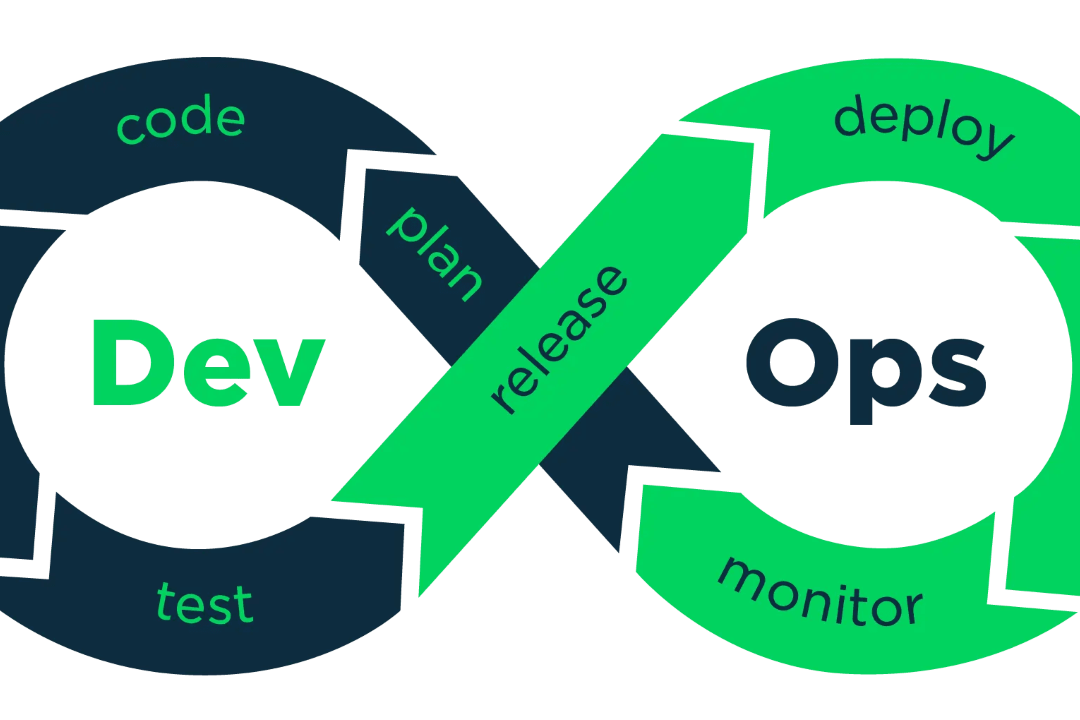DevOps Learning Roadmap
Mastering DevOps: Your Complete Learning Roadmap
DevOps Learning Roadmap
A DevOps learning roadmap provides a structured path for individuals to acquire the necessary skills and knowledge to excel in the field of DevOps. By following a curated roadmap, aspiring DevOps professionals can develop expertise in areas like software development, operations, automation, and collaboration. This approach ensures a well-rounded skill set, which is essential for implementing efficient workflows, increasing deployment frequency, and improving collaboration between development and IT operations teams. Ultimately, a DevOps learning roadmap enables individuals to stay relevant in the ever-evolving tech industry and drive organizational success through the effective implementation of DevOps practices.
To Download Our Brochure: https://www.justacademy.co/download-brochure-for-free
Message us for more information: +91 9987184296
1 - Understand the Basics of DevOps: Introduce students to the core concepts of DevOps, including continuous integration, continuous delivery, and the importance of collaboration between development and operations teams.
2) Learn about Agile Methodologies: Explain how DevOps is closely related to Agile methodologies and how they work together to improve software development processes.
3) Build Automation Skills: Teach students how to automate manual processes using tools like Jenkins, Ansible, and Chef to streamline development and deployment workflows.
4) Gain Proficiency in Version Control Systems: Introduce students to popular version control systems like Git for managing code revisions and collaborating with team members.
5) Develop Containerization Knowledge: Provide training on containerization technologies such as Docker and Kubernetes to help students understand how to package and deploy applications efficiently.
6) Learn Configuration Management: Educate students on configuration management tools like Puppet and SaltStack to maintain consistency across different environments.
7) Understand Infrastructure as Code: Explain the concept of Infrastructure as Code (IaC) and demonstrate how tools like Terraform and CloudFormation can be used to manage infrastructure configurations.
8) Master Monitoring and Logging: Teach students how to utilize monitoring tools like Nagios and ELK Stack for tracking the performance of applications and identifying issues in real time.
9) Embrace Continuous Testing: Train students in implementing automated testing practices using tools like Selenium and JUnit to ensure the quality of code throughout the development process.
10) Secure Applications and Environments: Provide guidance on implementing security best practices in DevOps processes, including vulnerability scanning, access control, and data encryption.
11) Foster Collaboration and Communication: Stress the importance of effective communication and collaboration within DevOps teams to promote transparency, efficiency, and a culture of continuous improvement.
12) Explore Cloud Computing: Introduce students to cloud platforms such as AWS, Azure, and Google Cloud to understand how DevOps principles can be applied in cloud environments.
13) Real world Project Experience: Offer hands on projects and case studies to give students practical experience in applying DevOps practices to real world scenarios.
14) Continuous Learning and Adaptation: Encourage students to stay updated with the latest trends and technologies in DevOps through continuous learning and self improvement.
15) Industry Certifications: Provide guidance on obtaining relevant DevOps certifications like AWS Certified DevOps Engineer or Docker Certified Associate to boost career prospects and credibility in the field.
Browse our course links : https://www.justacademy.co/all-courses
To Join our FREE DEMO Session: Click Here
Contact Us for more info:
Nestjs Interview Questions
What Is Difference Between C++ And Java
How to Take Input String in Java
Difference Between Ai And Data Science
Flutter vs kotlin











